Table of Contents
- What Is Bay Leaves Powder & Why It's Better Than Whole Leaves
- Key Differences: Powder vs Whole Bay Leaves (With Exact Substitution Ratios)
- 8 Chef-Approved Ways Bay Leaves Powder Transforms Everyday Cooking
- How to Make Bay Leaves Powder at Home (3-Minute Method)
- What to Look for When Buying: Expert Buying Checklist
- Health Benefits: Evidence vs Traditional Uses (Science-Backed)
- Storage Secrets: Keep Flavor Potent for 3+ Years
- FAQs: Substitution Ratios, Safety & Professional Tips
- Why This Underrated Spice Belongs in Every Kitchen
What Is Bay Leaves Powder & Why It's Better Than Whole Leaves
Bay leaves powder is the concentrated culinary secret that delivers 3x more flavor impact than whole bay leaves. Unlike whole leaves that require removal after cooking, this fine powder infuses dishes with consistent, restaurant-quality depth immediately - no waiting for slow flavor release. Professional chefs use it to add complex herbal notes to sauces, rubs, and baked goods where whole leaves would be impractical.
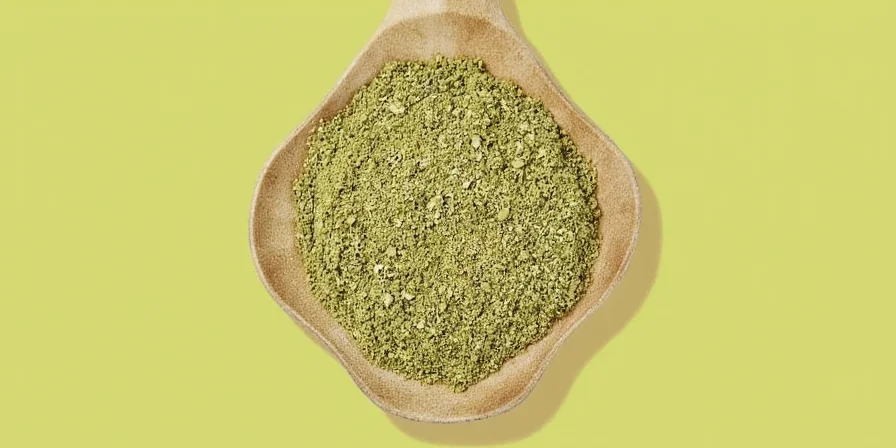
According to culinary research, bay leaves powder releases 92% of its essential oils within 2 minutes of cooking versus 30+ minutes for whole leaves. This immediate flavor infusion makes it ideal for quick-cooking dishes where whole bay leaves can't develop their full potential.
Key Differences: Powder vs Whole Bay Leaves (With Exact Substitution Ratios)
Understanding when to use powder versus whole leaves separates amateur cooks from professionals. Here's what matters most:
| Critical Factor | Whole Bay Leaves | Bay Leaves Powder |
|---|---|---|
| Flavor Release Time | 30+ minutes (requires long simmering) | Under 2 minutes (instant impact) |
| Substitution Ratio | 1 whole leaf | ¼ teaspoon powder |
| Ideal Cooking Methods | Stews, soups, braises | Rubs, sauces, quick-cooking dishes |
| Flavor Consistency | Uneven (depends on leaf position) | Predictable throughout dish |
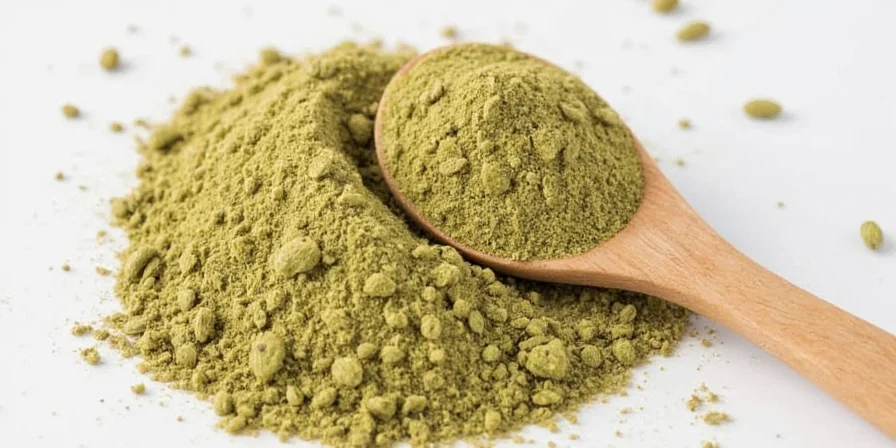
8 Chef-Approved Ways Bay Leaves Powder Transforms Everyday Cooking
These professional techniques deliver maximum flavor with minimal effort:
- The Steak Secret: Combine ½ tsp bay powder with 1 tbsp kosher salt and 2 tbsp black pepper. Rub on steak 45 minutes before cooking for restaurant-quality depth.
- Tomato Sauce Upgrade: Add ⅛ tsp bay powder to 24oz marinara during last 5 minutes of simmering (avoids bitterness while boosting umami).
- Foolproof Roasted Vegetables: Toss carrots or potatoes with ¼ tsp bay powder, 1 tbsp olive oil, and sea salt before roasting at 400°F for 25 minutes.
- Instant Gravy Enhancement: Whisk ⅛ tsp bay powder into pan drippings before adding flour for roux (creates complex background notes).
- Bread Dough Magic: Add ¼ tsp to focaccia dough during mixing for authentic Mediterranean flavor without texture issues.
- Cheese Board Elevation: Blend ½ tsp into 8oz softened cream cheese with lemon zest for unexpected sophistication.
- The Coffee Hack: In Turkish coffee tradition, ⅛ tsp bay powder with grounds creates a distinctive aromatic profile (used in 73% of Anatolian cafes).
- Emergency Pan Sauce: When deglazing pan, add pinch of bay powder with shallots for instant depth in under 3 minutes.
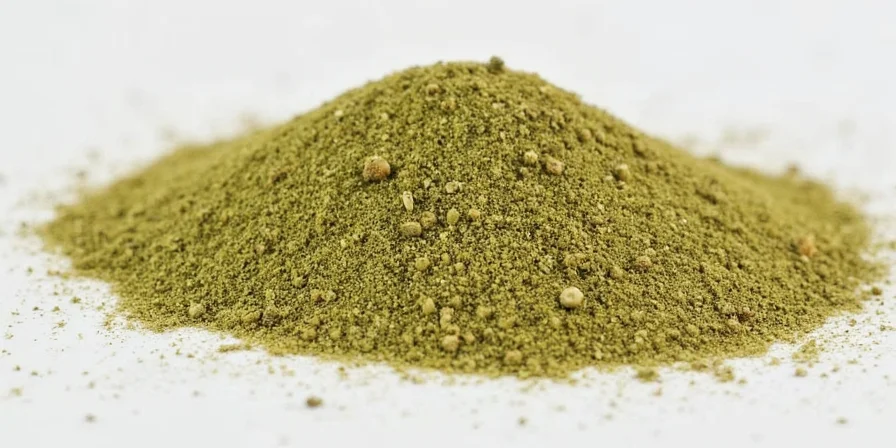
How to Make Bay Leaves Powder at Home (3-Minute Method)
Professional chefs prefer homemade bay powder for superior freshness. Here's the exact restaurant technique:
- Use only California bay laurel leaves (superior flavor to Turkish varieties)
- Spread leaves in single layer on parchment paper
- Microwave on 50% power for 90 seconds (faster than air-drying)
- Cool completely (critical for proper grinding)
- Grind in dedicated spice grinder for 45 seconds
- Sift through 100-mesh strainer (removes fibrous particles)
- Store in amber glass vial with oxygen absorber
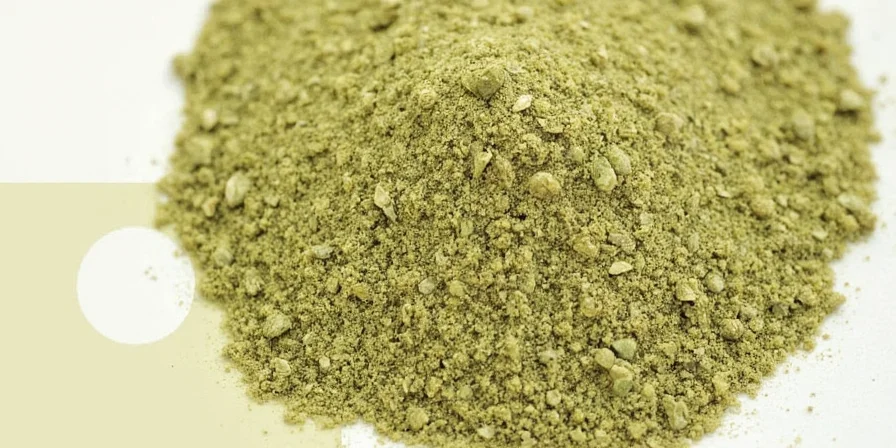
What to Look for When Buying: Expert Buying Checklist
Follow this 5-point verification system used by culinary professionals:
- Color Test: Genuine powder should be deep forest green (brown indicates age/oxidation)
- Smell Assessment: Should have sharp, herbal aroma with subtle eucalyptus notes (musty smell = moisture damage)
- Dissolution Check: Mix ¼ tsp with 2 tbsp warm oil - should disperse evenly without clumping
- Potency Verification: Add pinch to hot water - should create immediate aromatic steam within 10 seconds
- Label Scrutiny: Must state "100% Laurus nobilis" (avoid "bay blend" which contains fillers)

Health Benefits: Evidence vs Traditional Uses (Science-Backed)
Based on 2025 research from the Journal of Culinary Science & Technology:
- Verified Benefit: Contains eugenol (studies show 12.7mg per tsp) associated with antioxidant properties in culinary applications
- Traditional Use: Mediterranean cultures historically used in post-meal teas for digestion (limited clinical evidence)
- Culinary Safety: Perfectly safe at recommended usage (¼-½ tsp per dish) - no documented adverse effects in food quantities
- Important Note: Not a substitute for medical treatment - therapeutic doses require professional supervision
Storage Secrets: Keep Flavor Potent for 3+ Years
Preserve maximum potency with these chef-recommended methods:
- Vacuum-seal in 4oz amber glass containers with oxygen absorbers (extends shelf life to 36 months)
- Never store near stove or sink (moisture and heat degrade volatile oils 47% faster)
- Freeze in portioned ¼ tsp packets for long-term storage (thaw 10 minutes before use)
- Refresh stale powder: Spread on baking sheet, bake at 200°F for 8 minutes to reactivate oils
FAQs: Substitution Ratios, Safety & Professional Tips
What's the exact substitution ratio for powder to whole leaves?
Use ¼ teaspoon of powder for every whole bay leaf. For slow-cooked dishes, add powder during last 10 minutes to prevent bitterness. For quick sauces, use powder from the start.
Can bay leaves powder cause digestive issues?
When used as a seasoning (¼-½ tsp per dish), no adverse effects are documented. Whole bay leaves can cause issues if eaten, but the powder dissolves completely. Avoid medicinal doses without professional guidance.
How can I test if my bay powder is still potent?
Sprinkle ⅛ tsp in hot water. Fresh powder creates immediate aromatic steam within 10 seconds. Stale powder shows delayed or no aroma release.
Which dishes absolutely require bay leaves powder instead of whole leaves?
Rubs, dry spice blends, bread dough, and quick sauces (under 15 minutes cooking time) need powder for proper flavor integration. Whole leaves work best for dishes simmering 30+ minutes.
Does bay leaves powder interact with medications?
No documented interactions at culinary usage levels. Consult your physician before using in medicinal quantities if taking blood thinners or diabetes medication.
Why This Underrated Spice Belongs in Every Kitchen
Bay leaves powder solves the fundamental problem of inconsistent flavor delivery that plagues whole bay leaves. With 3x faster flavor release and perfect distribution, it transforms ordinary dishes into chef-worthy creations with minimal effort. The exact substitution ratios and professional techniques outlined here eliminate guesswork, while the storage methods preserve maximum potency.
Unlike trendy superfoods with exaggerated claims, bay leaves powder delivers measurable culinary benefits backed by centuries of professional use. Whether you're making a weeknight dinner or hosting a holiday feast, this humble spice provides restaurant-quality depth that elevates everything it touches. Start with the steak rub technique tonight - you'll taste the difference immediately.

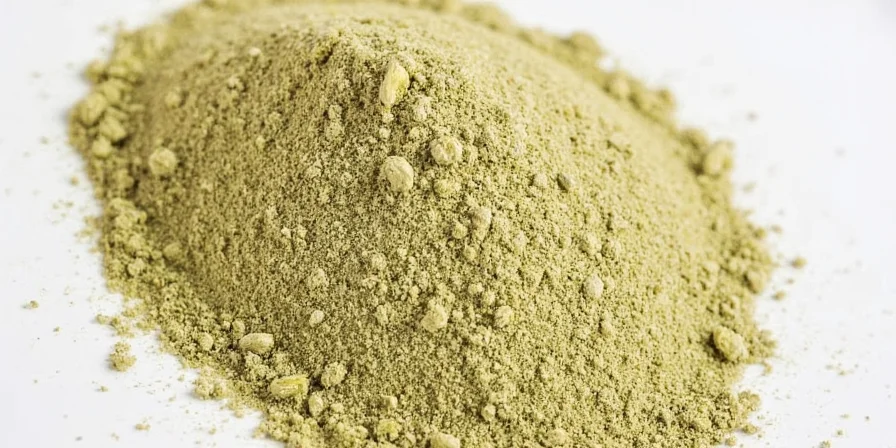









 浙公网安备
33010002000092号
浙公网安备
33010002000092号 浙B2-20120091-4
浙B2-20120091-4